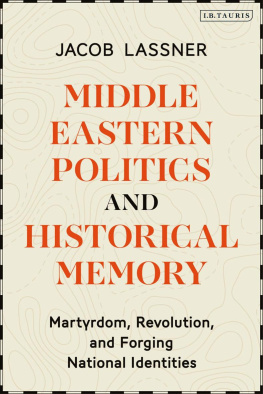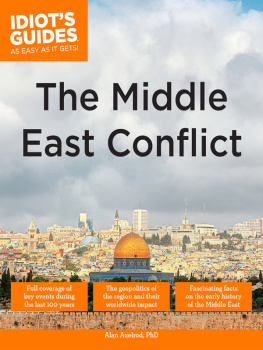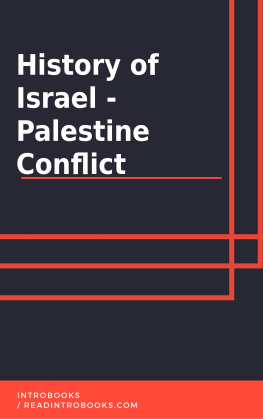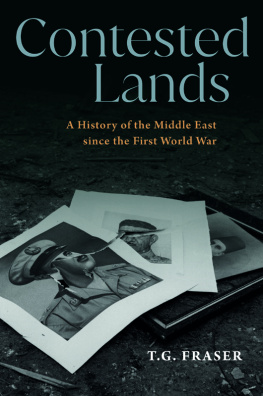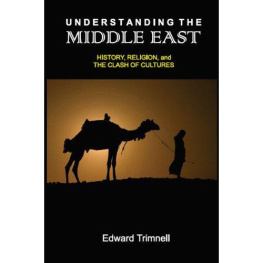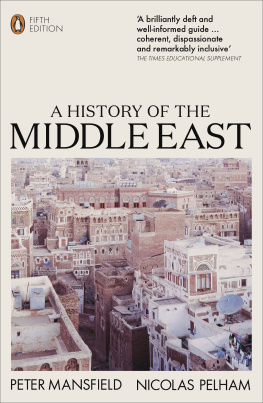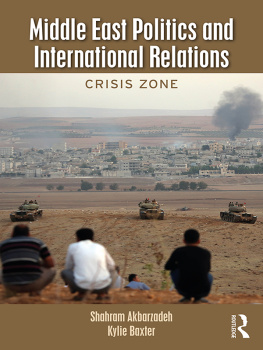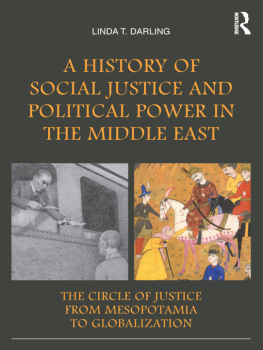Jacob Lassner - Middle Eastern Politics and Historical Memory: Martyrdom, Revolution, and Forging National Identities
Here you can read online Jacob Lassner - Middle Eastern Politics and Historical Memory: Martyrdom, Revolution, and Forging National Identities full text of the book (entire story) in english for free. Download pdf and epub, get meaning, cover and reviews about this ebook. City: London, year: 2020, publisher: I.B. Tauris, genre: Science / Politics. Description of the work, (preface) as well as reviews are available. Best literature library LitArk.com created for fans of good reading and offers a wide selection of genres:
Romance novel
Science fiction
Adventure
Detective
Science
History
Home and family
Prose
Art
Politics
Computer
Non-fiction
Religion
Business
Children
Humor
Choose a favorite category and find really read worthwhile books. Enjoy immersion in the world of imagination, feel the emotions of the characters or learn something new for yourself, make an fascinating discovery.
- Book:Middle Eastern Politics and Historical Memory: Martyrdom, Revolution, and Forging National Identities
- Author:
- Publisher:I.B. Tauris
- Genre:
- Year:2020
- City:London
- Rating:3 / 5
- Favourites:Add to favourites
- Your mark:
Middle Eastern Politics and Historical Memory: Martyrdom, Revolution, and Forging National Identities: summary, description and annotation
We offer to read an annotation, description, summary or preface (depends on what the author of the book "Middle Eastern Politics and Historical Memory: Martyrdom, Revolution, and Forging National Identities" wrote himself). If you haven't found the necessary information about the book — write in the comments, we will try to find it.
How is the complex history of the ancient Near East and Islamic World brought to bear in contemporary political discourse?
In this book, Medieval Near Eastern historian Jacob Lassner explores the resonance of ancient and medieval history in the political disputes that dominate the contemporary Middle East.
From identification with ancient forbears as a method of legitimization and nation-building, to tracing the deep history of the concept of revolution in the Arab world, the author probes the historical foundations of modern conflicts in the region. A medievalist, the author takes the position that an appreciation of cultural history is essential to understanding the debate surrounding the Israel/Palestine conflict. In turn, the book identifies the misappropriation and misunderstanding of the past, deliberate or accidental, as key weapon in the ongoing conflict.
Jacob Lassner: author's other books
Who wrote Middle Eastern Politics and Historical Memory: Martyrdom, Revolution, and Forging National Identities? Find out the surname, the name of the author of the book and a list of all author's works by series.

